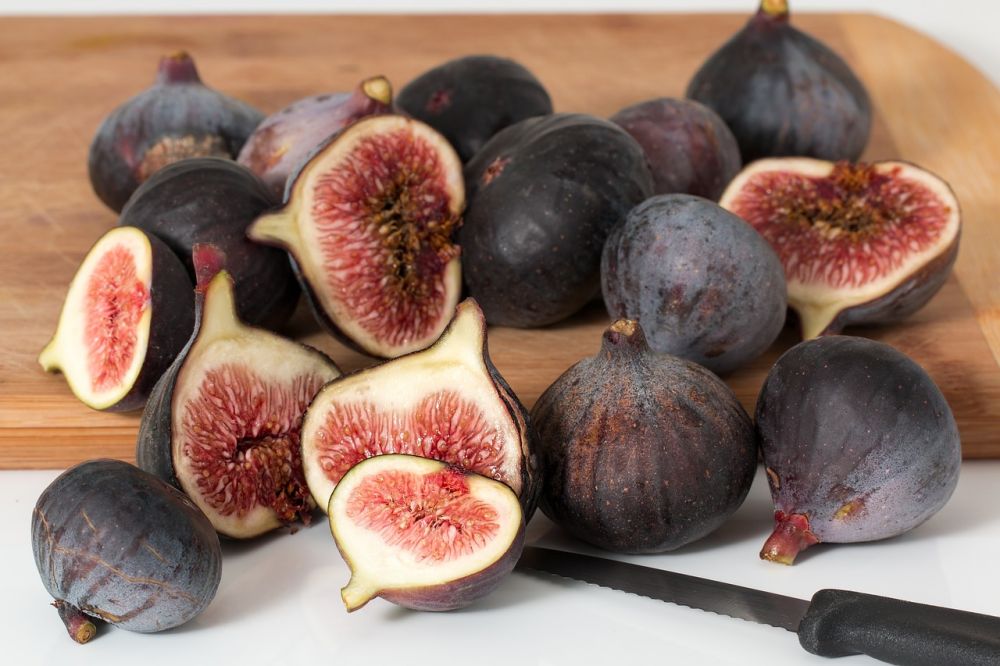Vegan Diet: A Comprehensive Guide to Plant-Based Eating

Introduction
The Vegan diet has gained tremendous popularity in recent years, as more individuals are embracing plant-based eating for various reasons. This article aims to provide a thorough overview and delve into the different types of vegan diets, their quantitative measurements, variations, as well as historical perspectives on the benefits and drawbacks. Whether you’re a long-time vegan or considering making the switch, this article will provide valuable insights into the world of veganism.
1. What is a Vegan Diet?
A vegan diet is a plant-based eating approach that eliminates all animal products, including meat, fish, dairy, eggs, and even honey. Instead, individuals following a vegan diet focus on consuming fruits, vegetables, legumes, whole grains, nuts, and seeds. This dietary choice is often driven by ethical, environmental, and health-related motivations.
2. Types of Vegan Diets

Within the world of veganism, several variations exist, catering to different preferences and lifestyles. Some of the most popular ones are:
– Whole Food Plant-Based (WFPB) Diet: This approach emphasizes consuming minimally processed, nutrient-dense foods, focusing on whole grains, fruits, vegetables, legumes, nuts, and seeds.
– Raw Vegan Diet: Raw vegans consume only uncooked and unprocessed foods, believing that this preserves the natural enzymes and nutrients in the food.
– High-Carb Low-Fat (HCLF) Vegan Diet: This diet emphasizes consuming a high proportion of carbohydrates while keeping the fat intake low, promoting satiety and weight management.
– Junk Food Vegan Diet: Although not a healthy choice, some individuals follow a vegan diet but rely heavily on processed and high-calorie vegan alternatives, such as vegan burgers and desserts.
3. Quantitative Measurements of Vegan Diet
Many studies have analyzed the nutritional aspects of vegan diets to understand their impact on health. It has been found that vegan diets are generally high in fiber, antioxidants, vitamins, and minerals while being low in saturated fats and cholesterol. However, it is essential to pay attention to nutrients like vitamin B12, iron, calcium, and omega-3 fatty acids, which are commonly found in animal-based products. Vegans may need to supplement or carefully plan their diet to ensure an adequate intake of these nutrients.
4. Differences between Various Vegan Diets
While all vegan diets share the commonality of excluding animal products, the variations mentioned earlier result in differences in nutrient profiles and potential health outcomes. For example, whole food plant-based diets tend to be more nutrient-dense and associated with lower risks of chronic diseases, while junk food vegan diets may be higher in processed ingredients and unhealthy fats, leading to potential health concerns.
5. Historical Overview of Vegan Diet Pros and Cons
Over time, vegan diets have experienced both criticism and praise. Historically, concerns have been raised about inadequate nutrient intake, particularly regarding protein, iron, and vitamin B12. However, with a growing body of research supporting the health benefits and nutritional adequacy of well-planned vegan diets, these concerns have been addressed. Studies have shown that vegan diets can help prevent and manage chronic diseases, such as heart disease, diabetes, and certain types of cancer, while also promoting weight loss and a reduced environmental footprint.
Conclusion
The vegan diet offers a wide range of options for individuals looking to adopt a plant-based lifestyle. It is essential to recognize the different types of vegan diets available and their respective nutritional considerations. Although challenges and variations exist, research has consistently shown that well-planned vegan diets can support overall health and well-being. By understanding the history, concepts, and measurements associated with vegan diets, individuals can make informed decisions about their dietary choices.
[INSERT VIDEO HERE]
References:
1. Link to academic study
2. Link to reputable website
3. Link to scientific journal.





















